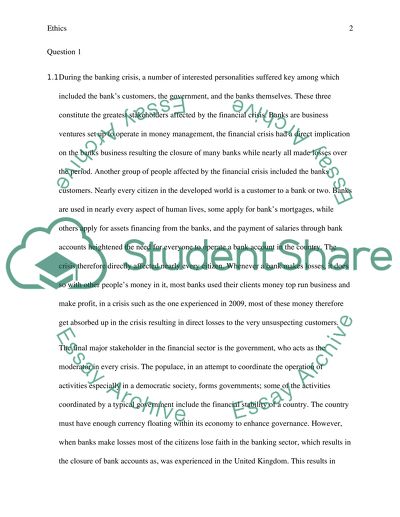Cite this document
(What Happens During the Banking Crisis Assignment - 2, n.d.)
What Happens During the Banking Crisis Assignment - 2. Retrieved from https://studentshare.org/finance-accounting/1463410-ethics
What Happens During the Banking Crisis Assignment - 2. Retrieved from https://studentshare.org/finance-accounting/1463410-ethics
(What Happens During the Banking Crisis Assignment - 2)
What Happens During the Banking Crisis Assignment - 2. https://studentshare.org/finance-accounting/1463410-ethics.
What Happens During the Banking Crisis Assignment - 2. https://studentshare.org/finance-accounting/1463410-ethics.
“What Happens During the Banking Crisis Assignment - 2”, n.d. https://studentshare.org/finance-accounting/1463410-ethics.


